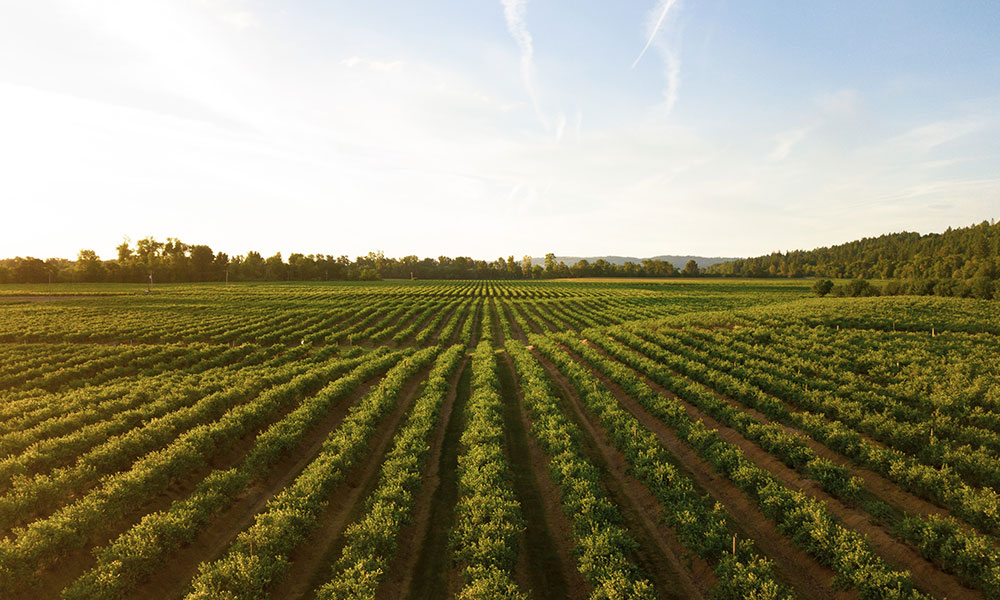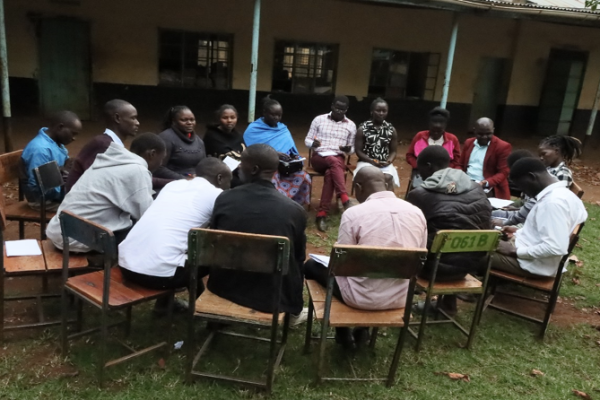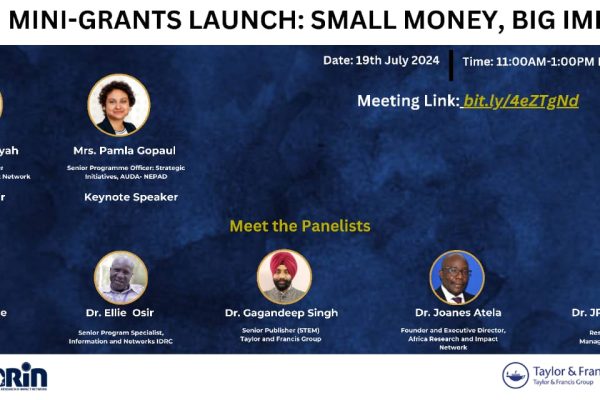Africa has the largest proportion of the world’s arable land. About 70% of African population is involved in agriculture as smallholders on land that is less than 2 hectares in size. Yet, pathways to modernise African agriculture have largely failed, with productivity stagnating, during the last half a century. As a result of this failure, and the widespread recognition of adverse ecological and social impacts of agricultural modernisation in other parts of the world, it has become increasingly clear that a paradigm shift is necessary in African agricultural development. Instead of continuing with agricultural modernisation through the adoption of new technologies such as genetically-modified seeds and synthetic fertilisers, agricultural development must be geared towards achieving sustainability. This paradigm shift to promoting pathways to agricultural sustainability is critical for meeting the UN’s Sustainable Development Goals (SDGs) in Africa. In the SDGs, agricultural sustainability is central to targets related to ensuring sustainable food production systems and implementing resilient agricultural practices. Agricultural sustainability is also necessary to help maintain ecosystems, which strengthen capacity for adaptation to climate change and extreme weather events leading to droughts, flooding and other disasters.
Sustainability in any low-income context must make the reduction of poverty (and inequality) central. Without economic well-being and social justice, ecological integrity might in fact be unachievable (and vice versa). These three dimensions of sustainability (economic, social and ecological), must therefore be sought together. Agricultural sustainability is based on practices and technologies that do not produce adverse effects on the environment, lead to improvements in food production, and are accessible and effective for the smallest farmers.
Achieving agricultural sustainability will require a plurality of pathways beyond modernisation. While the latter pathways for ‘sustainable modernisation’ may be based on so-called ‘green technologies’ and practices such as ‘climate-smart agriculture’, it is equally important to explore pathways to sustainability developed and nurtured by farmers in their fields (sometimes for generations). In this training workshop, we will use interactive sessions to discuss and assess the usefulness of the ESRC STEPS (Science, Technology and Environmental Pathways to Sustainability) Centre’s Pathways to Sustainability approach that was developed using insights from Development Studies and Science, Technology and Society studies. In addition, we will examine the concepts and methods of a Relational Pathways approach, focused on mapping small farmers’ agency and poverty dynamics in Kenyan and South Indian agriculture. The training programme over 2.5 days has been specifically designed to develop agricultural sustainability skills of emerging policy makers, young researchers and civil society representatives.
Dates: 28th (starting at 13:30), 29th and 30th of August 2019 (ending at 16:00)
Location: Kenya School of Monetary Studies (KSMS)
Organised by African Centre for Technology Studies (Nairobi), the STEPS Centre (Sussex) and Science Policy Research Unit (Sussex).



